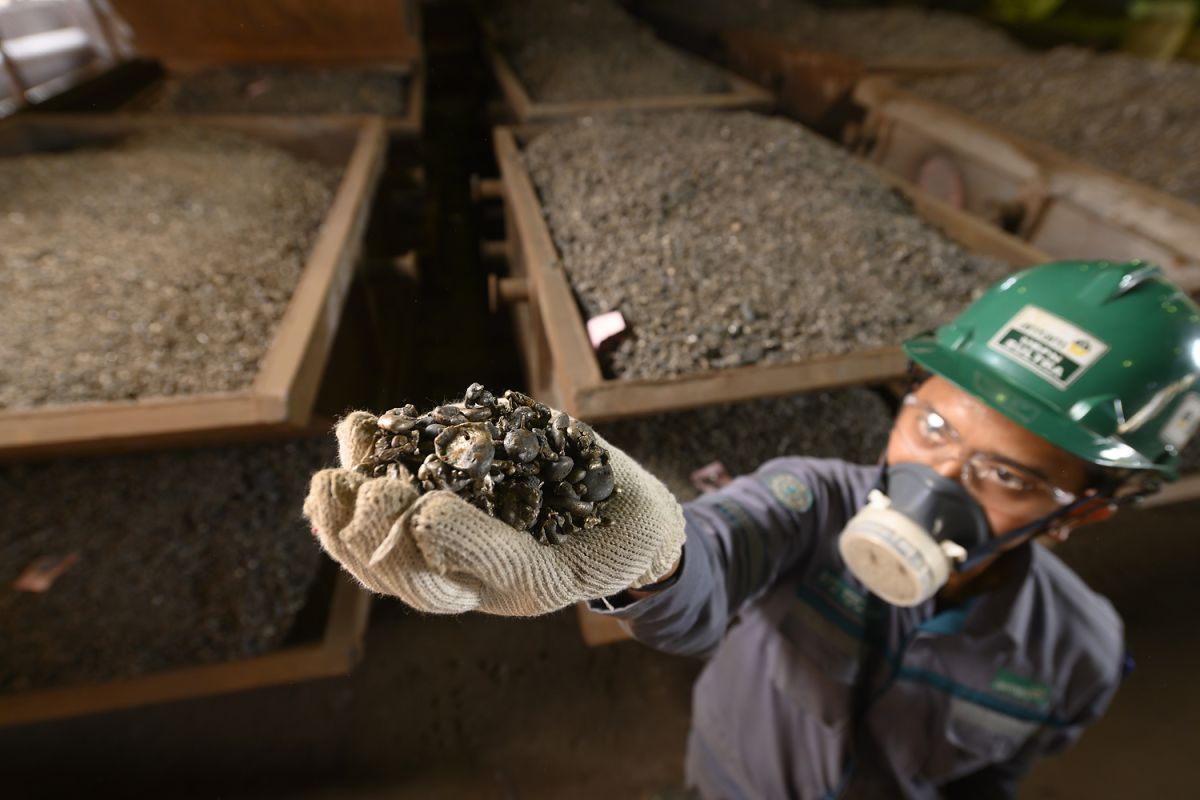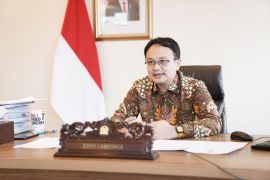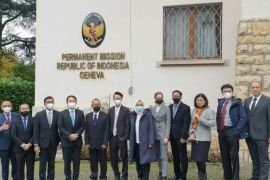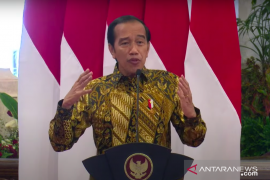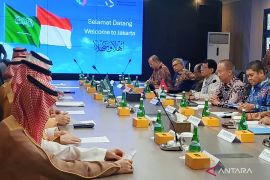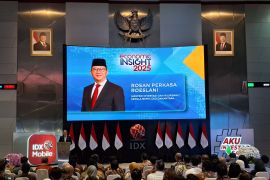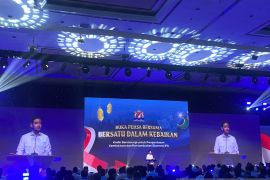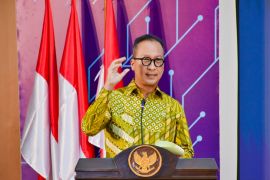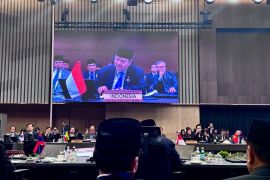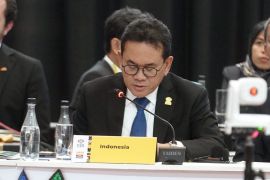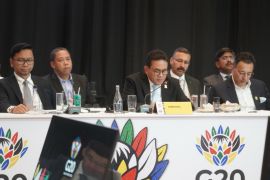The WTO's Dispute Settlement Body ruled in favor of the European Union (EU) that challenged Indonesia's ban on the export of nickel ore -- in place since 2020 -- in October 2022.
"(Establishing) a new trade alliance based on commodity production, similar to the OPEC (Organization of Petroleum Exporting Countries), has become more urgent for us. For instance, we could develop a commodity-based alliance with South Africa, Russia, and Australia, all coal-producing countries, while we could develop (an alliance) with New Caledonia (France) and the Philippines, all nickel producers," Iskandar noted, as per the statement on Monday.
The DPR RI deputy speaker remarked that the alliance could help maintain stability in commodity prices and commodity supplies as well as ensure member states' freedom to determine commodity export quantities.
The deputy speaker said that Indonesia's defeat at the WTO might be advantageous for other countries.
"The restriction of raw commodity exports is our national policy to push the domestic downstreaming industry and exporting commodities against our will certainly benefit other countries (at the expense of our interest), particularly the western countries," Iskandar stated.
He pointed out that Indonesia, among the largest producers of nickel, palm, tin, coal, gas, and rubber commodities, will face constant challenges from foreign nations seeking to benefit from commodities produced by the country, thereby accentuating the need to collaborate with like-minded countries.
"If we are not engaging in an alliance with other commodity-producing countries, we will always be the target of challenges and blackmails from western countries. How can they compel us (to export) while the commodity is under our control?" the deputy speaker stressed.
Related news: Indonesia to appeal WTO ruling against nickel ore export ban
Related news: Indonesia continues downstreaming despite defeat in WTO: Ministry
Translator: Tri Meilani A, Nabil Ihsan
Editor: Rahmad Nasution
Copyright © ANTARA 2022
